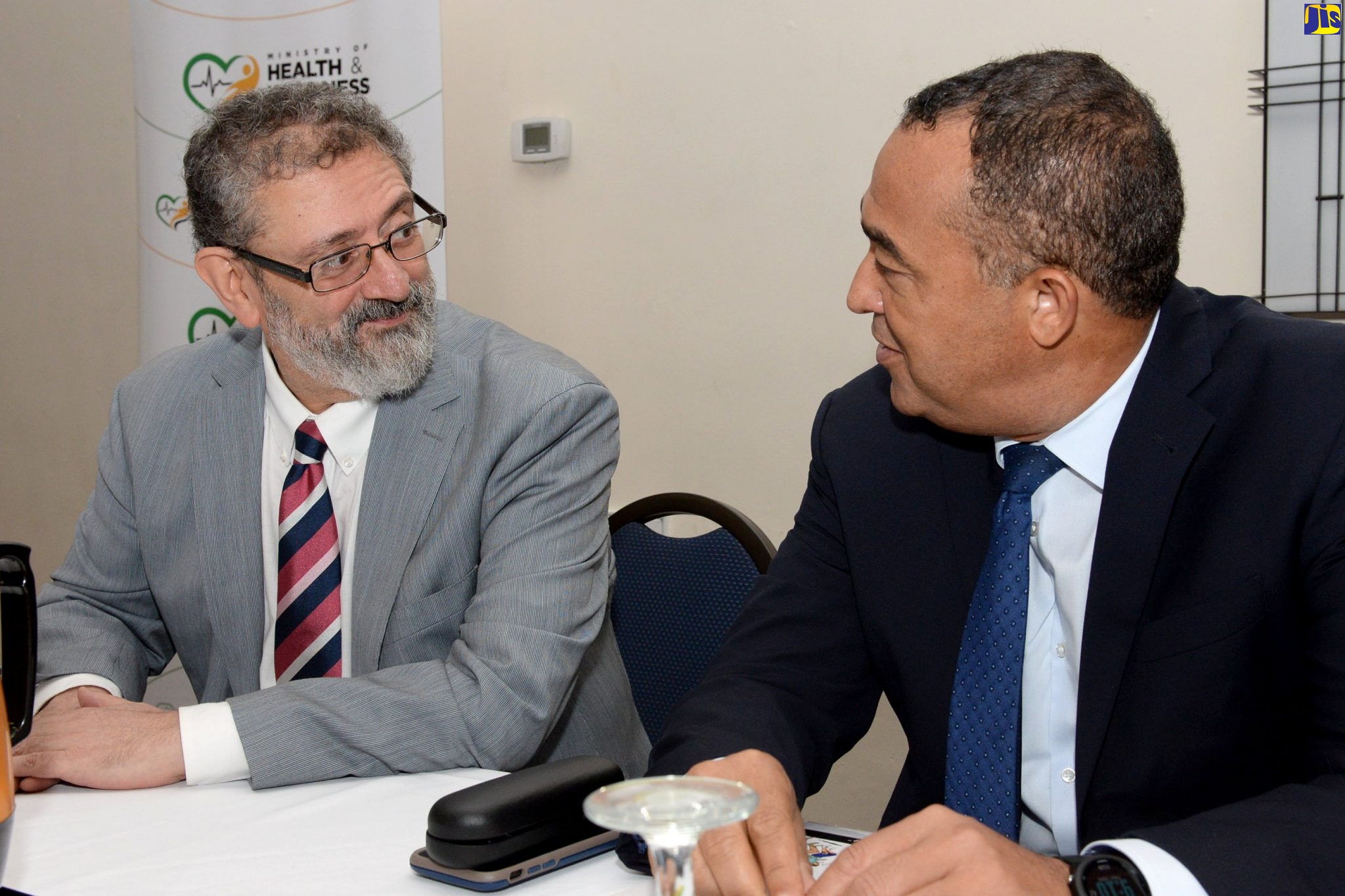Training Centre For Infection Prevention And Control To Be Established
By: , October 17, 2019The Key Point:
The Facts
- The setting up of the centre is part of a raft of measures to be undertaken over the next two years with support from the Pan-American Health Organization (PAHO)/World Health Organization (WHO) to strengthen the country’s IPC strategy.
- PAHO/WHO will also provide ongoing technical support for the crafting of a National IPC Strategic Plan; revision and development of additional IPC tools, documents and guidelines; and training of additional staff in the prevention, surveillance and control of hospital-acquired infections.
The Full Story
The Ministry of Health and Wellness is to establish a Best Practice Training Centre for Infection Prevention and Control (IPC).
The setting up of the centre is part of a raft of measures to be undertaken over the next two years with support from the Pan-American Health Organization (PAHO)/World Health Organization (WHO) to strengthen the country’s IPC strategy.
PAHO/WHO will also provide ongoing technical support for the crafting of a National IPC Strategic Plan; revision and development of additional IPC tools, documents and guidelines; and training of additional staff in the prevention, surveillance and control of hospital-acquired infections.
A two-day workshop was held at The Jamaica Pegasus hotel in New Kingston on October 15 and 16 to garner stakeholder input to develop the IPC plan.
Portfolio Minister, Dr. the Hon. Christopher Tufton, in his address at Tuesday’s opening ceremony, said data from the WHO indicate that, globally, millions of patients are affected by healthcare-associated infections each year, leading to mortality and substantial financial losses for health systems.
“For every 100 hospitalised patients at any given time, 10 in developing countries and seven in developed countries, will acquire at least one healthcare-associated infection,” he said.
He noted that the endemic burden of healthcare-associated infection is significantly higher in low- and middle-income countries than in high-income nations, particularly among patients admitted to intensive care units, and neonates.
Dr. Tufton said that the two-day workshop is expected to yield a number of results, including the effective implementation of healthcare-associated infection surveillance programmes in the nation’s hospitals and development of a technical support network that will aid in the operationalisation of hospital IPC committees.
Beyond the workshop, he said that the Ministry will continue its sensitisation and consultation with healthcare leaders regarding their roles in IPC.
Meanwhile, the Minister noted that financial support from international donor partners, including the Inter-American Development Bank (IDB), to undertake infrastructure improvements at health facilities islandwide, will enhance the quality of care provided.
“Programmes such as Adopt-A- Clinic and Compassionate Care are also contributing to improvements at our health centres and hospitals, thanks to the [local] non-government organisation (NGO) community and private sector,” he said.
He is encouraging increased partnership for the improvement of the island’s health facilities.




